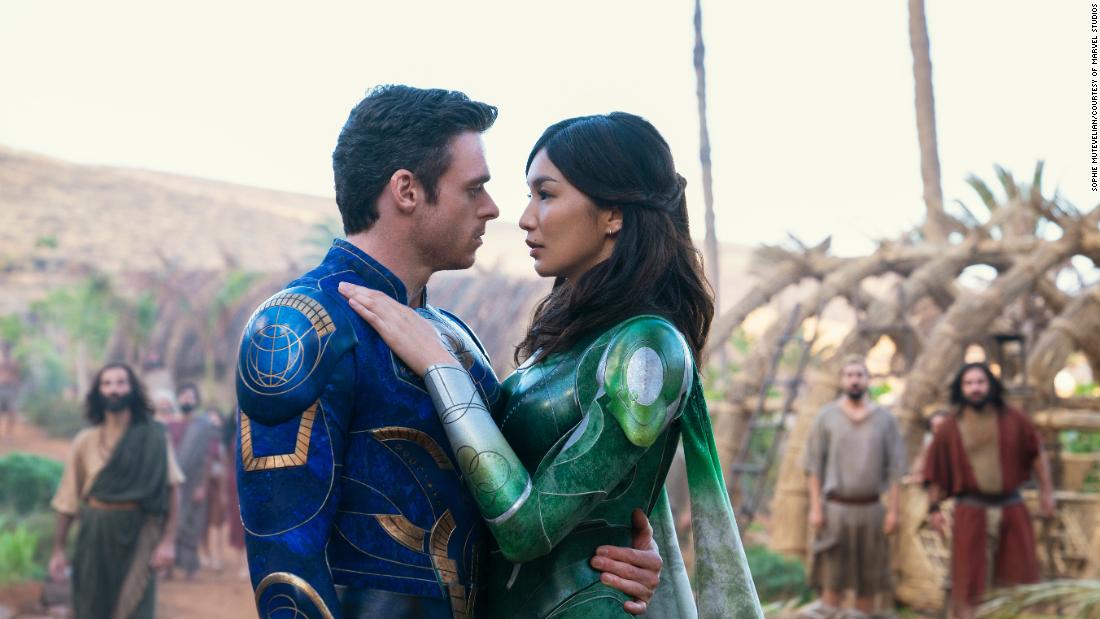To its credit, Marvel has cast a wide net in trying to attract top-tier talent, a strategy that is surely welcomed by its actors and that provides the theoretical prospect of bringing fresh insights to its formula.
The reality, though, is a director’s ability to shape such material has its limits. And while “Eternals” sought to stretch the Marvel template, the mixed reactions to the movie — from fans, based on early reactions, as well as critics — underscores that challenge.
The Marvel name comes first on its releases for a reason, and along with “Star Wars” and DC represents a specific brand of muscular, effects-driven filmmaking that makes it difficult to put a unique stamp on projects.
Arguably, Lucasfilm made a misstep when the studio enlisted three different directors, initially, to oversee each installment of the most recent “Star Wars” trilogy, running into a buzzsaw in trying to accommodate those separate visions.
Again, these movies diverge from what Scorsese considers true “cinema” in one key respect: Marvel and “Star Wars” represent vast franchises, which inspire TV shows and theme-park rides and sell merchandise to feed back into the coffers of corporate parent Disney. Those dynamics turn each movie into a piece in a larger puzzle, one that establishes guardrails on a director’s input.
Following those marching orders might not be for every filmmaker, but at this point nobody can plead ignorance about how the system functions, which requires taking directions as well as giving them.
When it works, the relationship has its mutual benefits. Marvel made Zhao’s Oscar win a part of “Eternals'” promotion campaign, clearly taking pride in the connection. Directors associated with smaller films receive the opportunity to exercise different muscles on something that will be more widely seen and lucrative than a carefully polished independent gem.
Still, there’s an old saying that goes, “If you take the king’s coin you give the king his due.” In modern movie parlance, the related maxim would be when you take the Mouse’s money, the big cheeses there, ultimately, are the ones who call the shots.







More News
‘Zillow Gone Wild’ brings wacky real estate listings to HGTV
Lyndon Barrois talks making art from gum wrappers and “Karate Dog” : Wait Wait… Don’t Tell Me!
‘Wait Wait’ for May 4, 2024: With Not My Job guest Lyndon Barrois